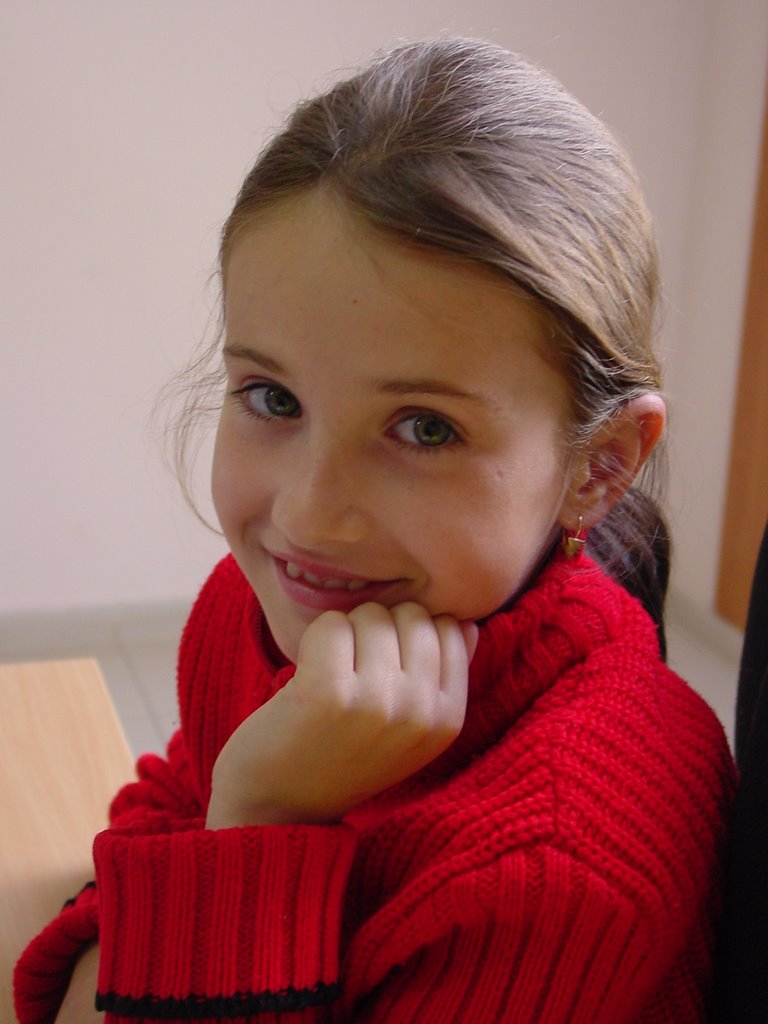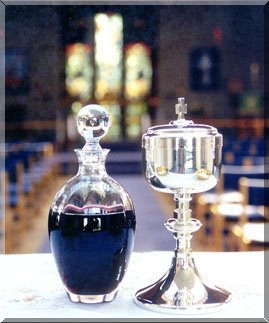Lest We Forget
 I am profoundly saddened to have received a letter earlier this year from my Bishop's office advising us that there’s a number of Church of England clerics who are refusing to allow Remembrance Day Services to take place in their churches this year. Their given reason is that they perceive such services to be glorifying war. How absurd!
I am profoundly saddened to have received a letter earlier this year from my Bishop's office advising us that there’s a number of Church of England clerics who are refusing to allow Remembrance Day Services to take place in their churches this year. Their given reason is that they perceive such services to be glorifying war. How absurd!The first ‘Day of Remembrance’ was observed in 1919. Originally it was called Armistice Day to commemorate the armistice which occurred on November 11, in 1918, signalling the end of the bloodiest war the world has ever seen. This was the first formal occasion to remember those who died.
In 1945, at the end of World War II, the British and Australian governments officially changed the name to Remembrance Day as ‘Armistice Day’ wasn’t considered an appropriate term for honouring all those throughout the world who had sacrificed their lives.
I will not hide the fact that I was deeply disturbed by the letter I received. I just as with countless others, give thanks on this day for all those who sacrificed so much, not only for our freedom and values, but for our children and their children to come.
These young men and women, often not much older than children, who left the comfort and safety of their homes, marched into the very depths of hell for us. There was no sterile tactical force, where euphemistic descriptions of ‘insurgents’ and ‘counter strikes’ were used. No, these soldiers faced their enemies, often having to look another frightened man (child) in the eye and making decisions that no person should ever be forced to make; to kill another human being.
Many left their homes as young innocent children. They exchanged that comfort and safety for mud and ice, rain, and fear. The fear was so intense that you could smell it all about you-that is unless it was replaced with the stench of death. Many of them had their bodies ripped apart. Many tried to save themselves after discovering their intestines hanging outside their bodies, only to collapse in the relentless cold mud and ice a few minutes later.
I buried a man last year who had only one arm. His other arm and both his legs had been blown off by a German grenade. But two friends of his who were at the funeral, told me that despite his legs being missing and his arm dangling beside him, only held on by threads of tissue, he refused to leave his fellow soldiers. He was firing at the enemy until they physically removed the gun from his hand.
You see, in real life when in battle, soldiers don’t fight for their country so much as they fight for each other. The rule is 'perish if you must, but save your mate first.'
These soldiers never had the chance to debate whether war was right or wrong. For all the horror stories we’ve heard over the years, we lose track of the sight that our soldiers saved lives as well as took them. They fed the hungry, tended the sick, clothed the naked and ministered to the poor.
These citizens gather each year to remember those who did not come home; families who had been robbed of everything-fathers, sons, daughters, sisters, brothers, lost innocence, lost youth, and lost dreams. And they gather to give thanks-thanks for all the gifts God has bestowed on them. These men and women know, from the depths of their souls, what hell really is and therefore they appreciate and celebrate the joys of living, as few others know how.
I will forever be in gratitude to all who have served and lost their lives in war. The very fact that I may write this today is a result of the principles for which so many have died.
On the eleventh hour, of the eleventh day, of the eleventh month, we too shall be honouring the lives of those who so courageously gave so much for our freedom, our children’s freedom, and our country’s freedom.
It is the very least we can do.
Age shall not weary them, nor the years condemn
At the going down of the sun and in the morning
We will remember them
posted for Fr Bill
Labels: Father Bill Haymaker, History of poppy day, Mr Piddles, the history of remembrance day, what is armistice day, What is Poppy Day?, what is remembrance day, why do we honour remembrance day?



2 Comments:
earlier today i read a poem printed with the royal mail , 2008 lest we forget stamps, in trying ot find t on the net I chanced upon your blog and sgare your concern about the atitudes of your fellow clergy men. may i suggest they read the poem by tony Channing and reflect on the where their freedoms come from.
Soldiers who fought to keep us free
Gather on Armistice Day
Each one frail with a memory
Of wars fought far away
They fought on land, sea, and air
Gallant in their obligation
Their one and only care
To keep free, our great nation
We walk the streets free from strife
With freedom of speech and thought
Because they paid the ultimate price
In the battles that they fought
Two minutes silence is all they demand
Two minutes from our year
Two minutes to honour them for their stand
That kept our freedom dear
I wonder if in future years
When they’ve all passed away
We’ll still be shedding tears
On Armistice Day
©Tony Channing 2002
It is extremely interesting for me to read this post. Thank author for it. I like such themes and everything that is connected to this matter. I would like to read a bit more soon.
Post a Comment
<< Home